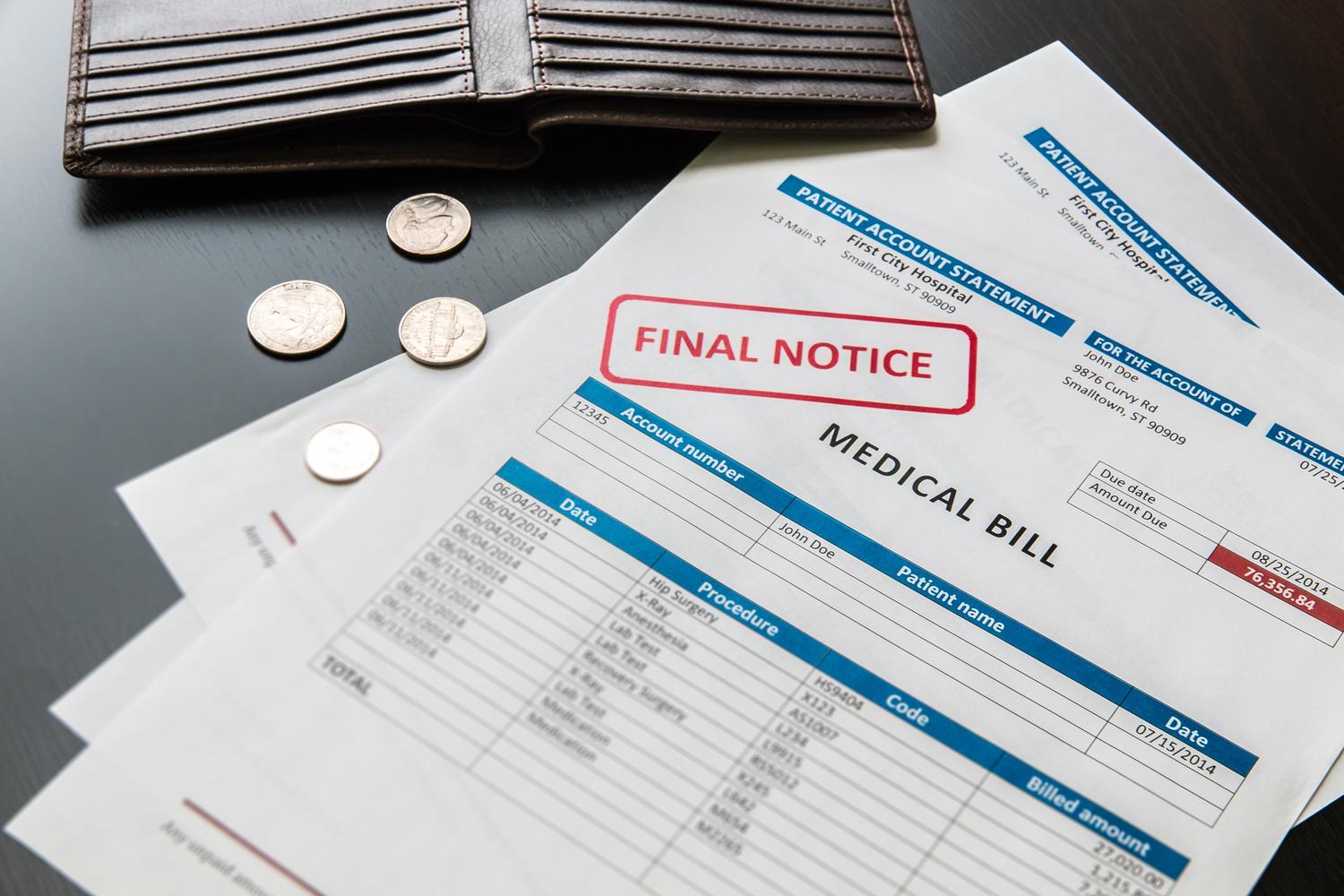Holiday 2022 Stress Outlook
To view the most recent 2024 holiday stress survey results, visit our 2024 Holiday Stress Survey.
All is calmer than 2021
As we approach a (hopefully) more normal holiday season, we took our annual pulse on the state of stress in America to determine most common stressors, impact on mental health and wellbeing -- and how (and if) consumers are seeking out help.
Here’s a look at what we found.
Mental health & the holidays
Americans are feeling some relief this holiday season. Though 2 in 5 Americans feel their mental health is negatively impacted by the holidays, and many still report increased anxiety and depression, we’re seeing lower rates of stress than last year. Compared to how they felt during the 2021 holiday season:
- 49% report an increase in anxiety (down from 60% the year prior)
- 41% feel an increase in depression (down from 52%)
- 64% feel more financial stress (consistent YoY)
- Just 19% feel an increase in COVID-19 related stress (down from 64% YoY)
This stress makes 38% of Americans consider seeking out a mental health professional to talk to -- and another 17% are interested but don’t feel they can afford it right now.
- 10% already report they see a therapist regularly.
Further, a quarter of Americans (26%) wish the holidays were canceled, due to the stress of the season. This is down significantly from 2021 – when 56% wished they were canceled.
Sources of stress
Inflation tops the list of Americans’ biggest stressors this holiday season (with 38% rating it their number one cause of stress), followed by shopping for gifts (19%, last year’s #1 stressor) and managing difficult family dynamics (15%). COVID is only a stressor for 9% of those polled.
When it comes to specific people, extended family members are the most likely to cause consumers stress (29% say they are the biggest culprit), followed by 14% who blame their significant other.
COVID & holiday 2022 plans
COVID remains a factor in Americans’ seasonal activities and travel plans – though less than in years past.
4 in 10 respondents say they will see less family and/or friends than than usually do (down from 7 in 10 last year).
Nearly half (43%) will skip traveling to see out-of-town family and friends 40% will still hold off on attending large gatherings such as holiday parties or performances.
Coping with stress
It’s clear that Americans are overwhelmed this holiday season. So, how are they coping with this stress? Eating comfort food (24%) and exercising (18%) are the top two ways consumers relieve their stress – with others having sex (12%) and drinking alcohol (13%).
Luckily, nearly a quarter (22%) of Americans ease their stress by talking to someone -- either a a trusted family member or friend (15%) or a mental health professional (7%).
To view the latest holiday stress results, visit our 2023 Holiday Stress Survey.









